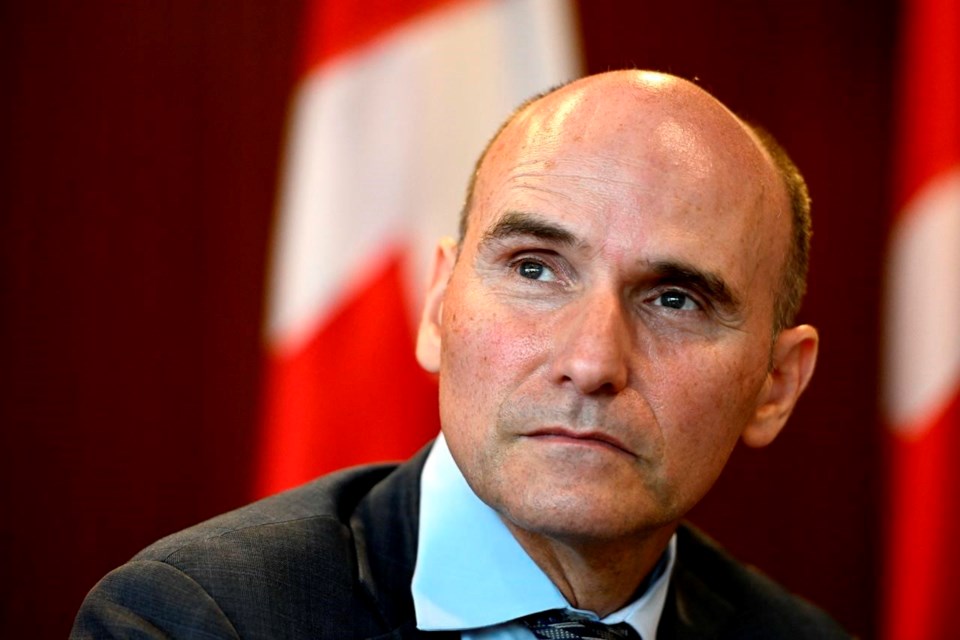CALGARY ŌĆö Ottawa has pledged $2.8 million in funding for organizations helping those who face barriers in learning about sexual and reproductive health.
Yi Wen Shao, the Montreal-based project co-ordinator for the Sex Information and Education Council of Canada, said there is a serious shortfall in support for young people, those who have disabilities and Indigenous communities.┬Ā
She said her organization deals with the sexual health needs of people with autism and young people with disabilities who have long been overlooked and neglected.┬Ā
"I think stigma is a big reason and I think that underpins part of the reason why these services and education are not even available to them in the first place and there are some assumptions to the degree autistic and disabled people are interested in being sexually active," Shao said at an announcement Wednesday in Calgary.
"Sexual health is quite a broad topic. I think the first step is changing how people view sexuality and sexual health when it comes to these populations."
Federal Health Minister Jean-Yves Duclos announced the funding for projects by the Sex Information and Education Council and Calgary's Centre for Sexuality.
"We're talking people who typically face the greatest needs, but also the greatest barriers. It's about access. It's about shame, stigma, the feeling of not being important and not having access to services to people they can trust," Duclos said.
"Therefore, how do we leverage the power and success of organizations like the centre to make those services accessible and known to those young 91įŁ┤┤s that need them the most?"
The Centre for Sexuality is to receive more than $2 million to adapt their existing in-person program to include an online component as well as content related to the particular needs of LGBTQ youth, First Nations communities and people with developmental disabilities.┬Ā
"Often what we find in the community, particularly around issues like sexual and reproductive health, is people feel they need to take what already exists and give it to people and they don't always respond to that," said Centre for Sexuality president and CEO Pam Krause.
"We're starting to move toward looking at specific answers for specific populations and, in the case of sexual health information and education, it's even reaching people just outside of big centres."
The Sex Information and Education Council is to receive more than $800,000 to help health service providers improve sexual health promotion for autistic and disabled youth.┬Ā
The federal government has committed $45 million over three years, starting in 2021-22, to improve access to sexual and reproductive health care support.┬Ā
This report by The 91įŁ┤┤ Press was first published Aug. 24, 2022.
Bill Graveland, The 91įŁ┤┤ Press


